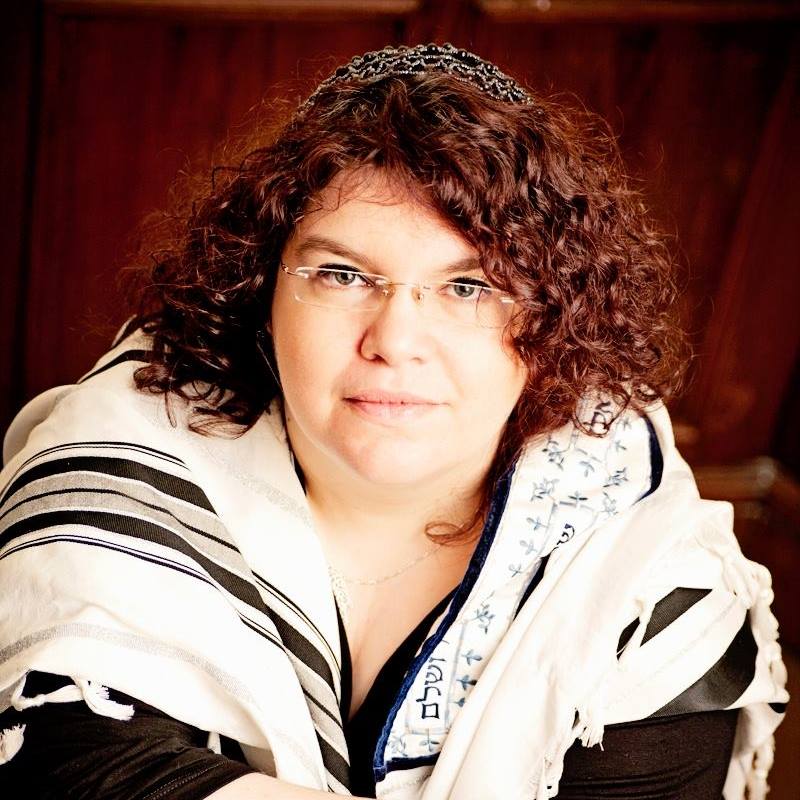Commentary on Parshat Balak
For the past 10 years, I’ve been leading my synagogue’s children’s school team, yearly, in a 5k walk that likely none of you have ever heard of. The Save Our Homes Walk Somerville is indeed a very small local effort. Its purpose is to raise cash for keeping people on the verge of homelessness from losing their homes, and to raise awareness among the residents of Somerville, MA, to housing justice.
In the best local effort style, the walk tends to fall on the hottest day of the season. It begins at 2:00 pm, which is not an ideal time for outdoor physical activity. And so, as we drag ourselves up the hilly streets of Somerville, along a route that takes us through the local housing projects—the only shade in sight a dusty Dunkin Donuts—I promise myself that, unless next year it’s early in the morning, we will not participate again.
***
We open our communal prayer daily with a verse taken from this week’s portion. A curse turned blessing that the notorious Bilam reluctantly bestowed on us, and that has become a sort of a moto for Jewish houses of gathering. “How Goodly are your tents Jacob, your dwelling places, O Israel.” (Num. 24:5)
We teach our children that before we even turn to the morning blessings, mindfully acknowledging our morning routine, we express gratefulness for having a place to live, a roof over our head. We acknowledge our good fortune for not being homeless. And indeed, even wandering in the desert for forty years, the people of Israel were not homeless. All their physical needs were taken care of. They had clothes to wear, food to sustain them, and they had goodly tents. Goodly tents that Rashi explains are tents with entrances that do not face each other. Tents that not only provide shelter from the elements but also allow for privacy.
Privacy sounds peaceful and delightful. But on deeper inspection we might wonder whether a blessing of doors and windows not facing each other is truly a blessing for a justice-seeking people. Even more startling is Bilam’s earlier iteration: “A people who keep to themselves, who pay no heed to others” (Num. 23:9). It almost sounds like keeping to ourselves necessarily leads to the undesirable outcome of paying no heed to others. For isn’t our ability to do good in the world a direct outcome of first noticing lack, recognizing need and finding room for improvement? And is any of it possible if we keep to ourselves, tucked in the privacy of our “tents” designed so we don’t see the people around us? After all, justice has to start with seeing. Deeply seeing. And keeping to ourselves does not seem to foster that kind of seeing.
It could be said that the entire story of Bilam is a tale about the importance of seeing. Bilam, the great wizard, is known for his sight, his ability to “fall with his eyes open.” Indeed, he is the kind of perceptive man that, even looking from a distance at the camp of the Israelites, is able to see deep to their essence. I sometimes think of him as the insightful friend who gives good advice to everyone else but whose own life is a mess. And so the insightful Bilam, who sees rather well from a distance, fails to see what is right before his face – the suffering of his own donkey, the angel blocking the way. And because Bilam does not see, he fails to respond correctly. His story seems like a series of missed opportunities to do better. I personally think of the story of Bilam as a cautionary tale. It reminds me that it is not enough to see injustice מראש צורים from the mountain top, from a distance, but that the seeing of the more uncomfortable kinds of injustice, the very local and close-to-home kind, is crucial.
Perhaps this is why every year I sign up my school again for a 2:00 pm walk in the sun and the heat. Because, on some level, 2:00 pm feels like the perfect time for seeing. Sitting on their front porches and stoops, our neighbors cheer us and give us water. Some of them join us. Others take a flyer or dance with our volunteer marching band. Most importantly, they are out of their homes in the heat of the day, and they see us. They see people marching for their housing rights. They see that people care. They see the possibility of justice.
And as for the Israelite tents, perhaps what made them so good is the flexibility, to sometimes have privacy, but sometimes also to open the flaps in all directions, and take a good look around, see what work still needs to be done, and then pursue it.
Rabbi Eliana Jacobowitz is the rabbi of Congregation B’nai Brith in Somerville, MA. She was born and raised in Israel, where she also trained as a fashion designer and lawyer. In the United States, she focused her academic work on medieval history and Jewish thought. She was ordained by the rabbinical school of Hebrew College.


